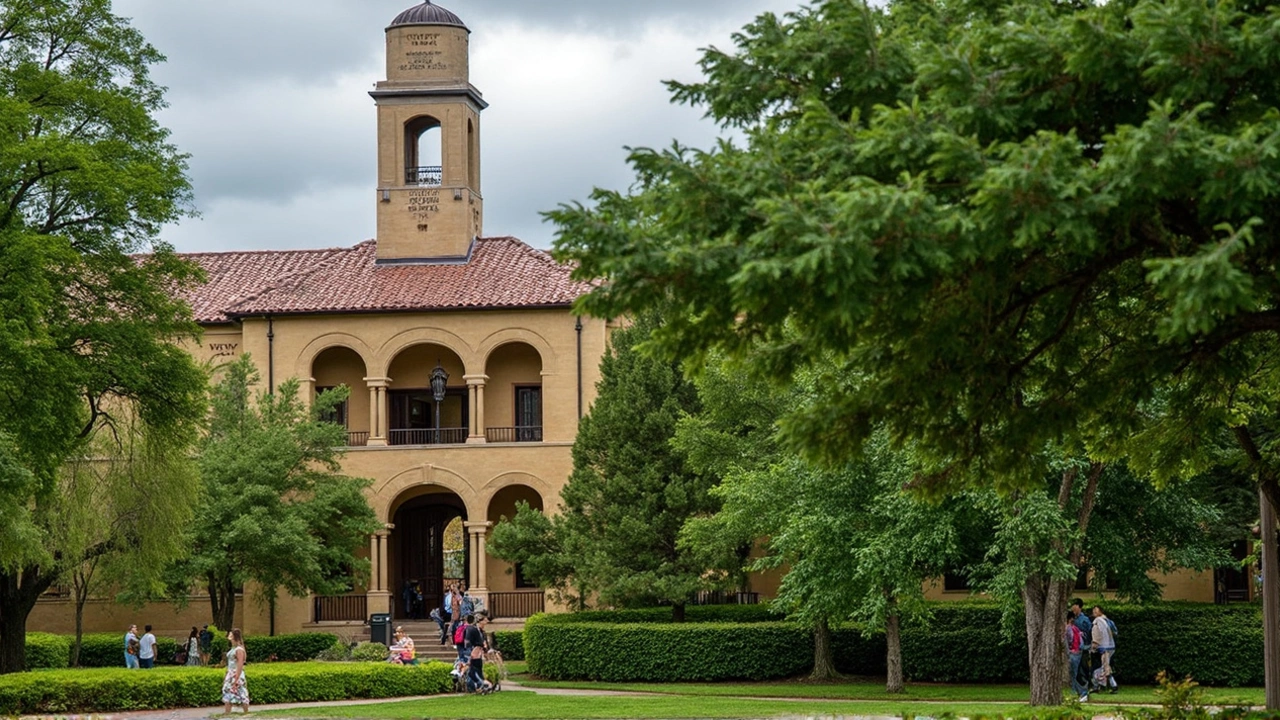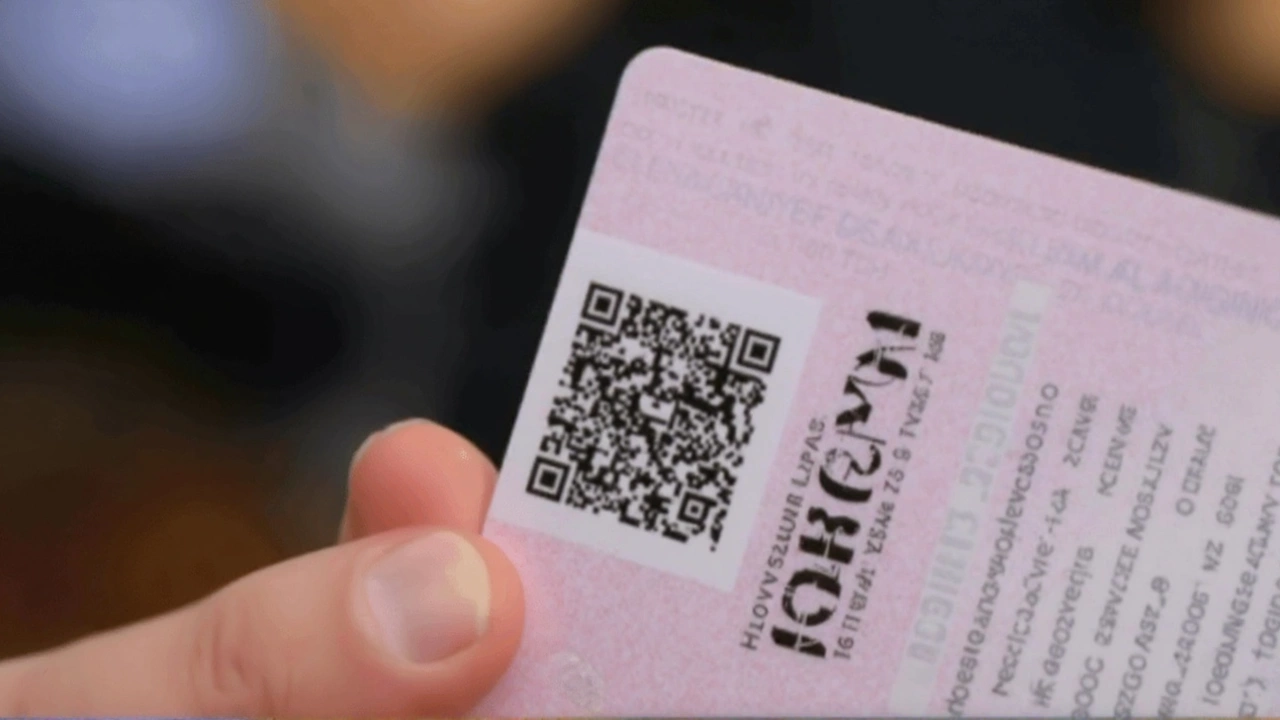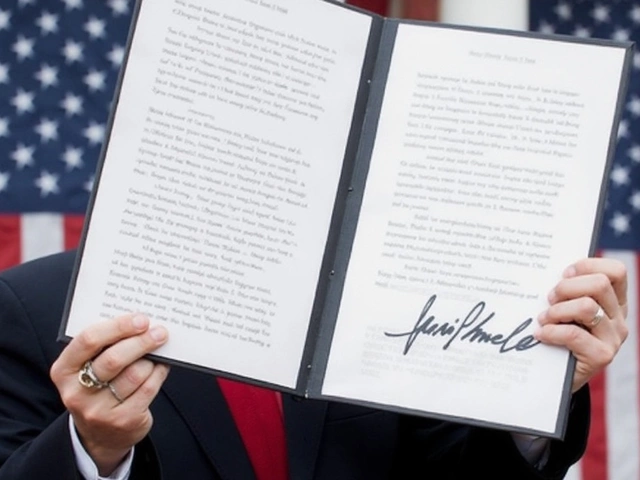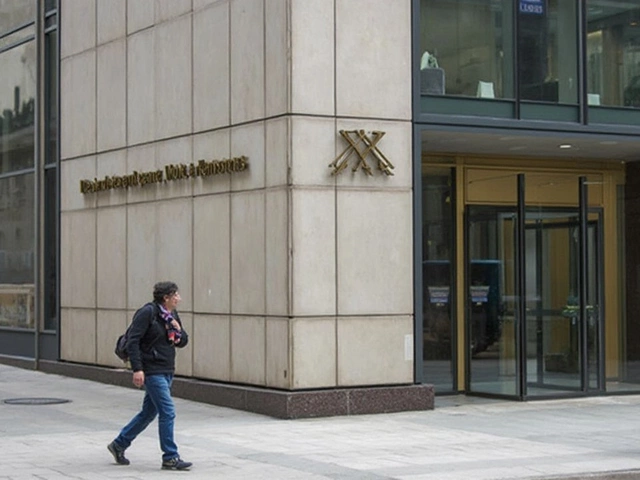Albania’s Move Makes License Plate Fees the Highest in the Balkans
If you’re planning to register your car in Albania, brace yourself: the cost for new license plates just shot up to 85,000 lek (ALL). That’s not just a local record—it now holds the title for the highest licensing fee in the entire Balkan region. For those outside Albania, the number may not mean much at first glance, but when you stack it up against Kosovo (€574 for all fees), North Macedonia (€520), and even Serbia, which keeps its numbers lower and less publicized, it stands out like a sore thumb.
This price surge didn’t happen overnight. After rounds of negotiations between local driving schools and the General Directorate of Road Transport Services (DPSHTRR)—headed by Blendi Gonxhe—the deal was struck. According to Gonxhe’s team, a higher fee is the cost of a better system. They argue the new prices reflect beefed-up driver training programs, both in the classroom and out on the road. Supporters in the industry point out that longer, more detailed training might actually create better drivers, framing it as an investment in safety. But that’s a tough sell for anyone struggling to pay the bill.
The public clearly isn’t buying the official line. Social media is full of frustrated drivers and would-be motorists who feel the government is pushing essential costs into the stratosphere. For many, the price tag overshadows any claims about increased safety or quality. Regional comparisons don’t help, with people pointing out that in countries with similar or stronger economies, licensing a car is far less expensive.

Growing Pressure on Authorities and a Broader Debate
This isn’t just a gripe about cash. Critics are leveling bigger accusations—mainly that the DPSHTRR is setting arbitrary prices without proper transparency or justification. They want answers: What exactly does the money fund? Why should Albanians pay more than their neighbors? There are also rumblings about how much of the fee actually improves training, and how much simply fills government coffers.
The controversy comes at a moment when many Albanians are feeling the squeeze from rising living costs. A car is still essential for families who need to reach work, schools, or healthcare. Making licensing more expensive puts up hurdles—especially for young people or those living in rural areas, who might struggle the most with the added financial burden.
The voices demanding change are getting louder. Some want outside audits, others are pushing for phased price adjustments or even a rollback. Driving schools find themselves caught in the crossfire. While they defend longer and stricter training as good policy, they also know an unfair price could keep their classrooms empty and their instructors out of work.
This fight over Albania’s license plate fees has quickly turned into something bigger: a test of transparency, fairness, and just how much trust citizens have in their public institutions. Where it goes from here could reshape how essential services are priced—and how much power everyday people have to push back.





